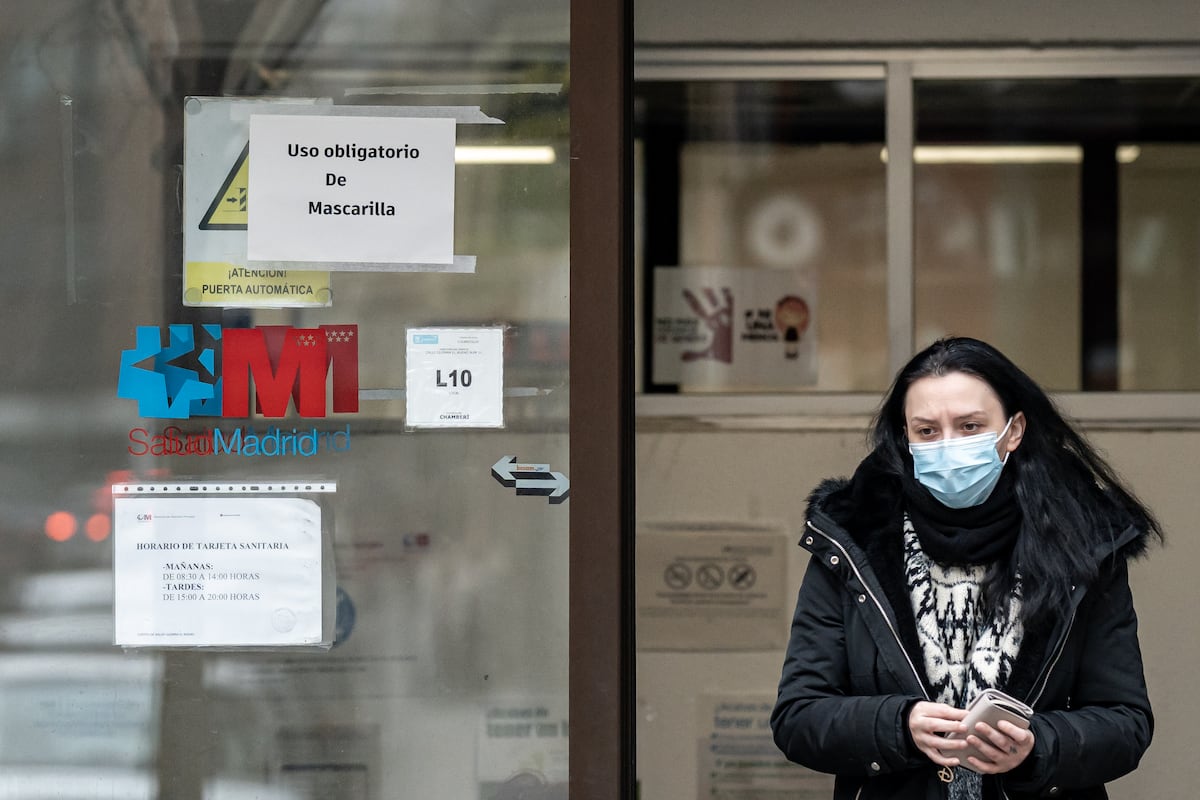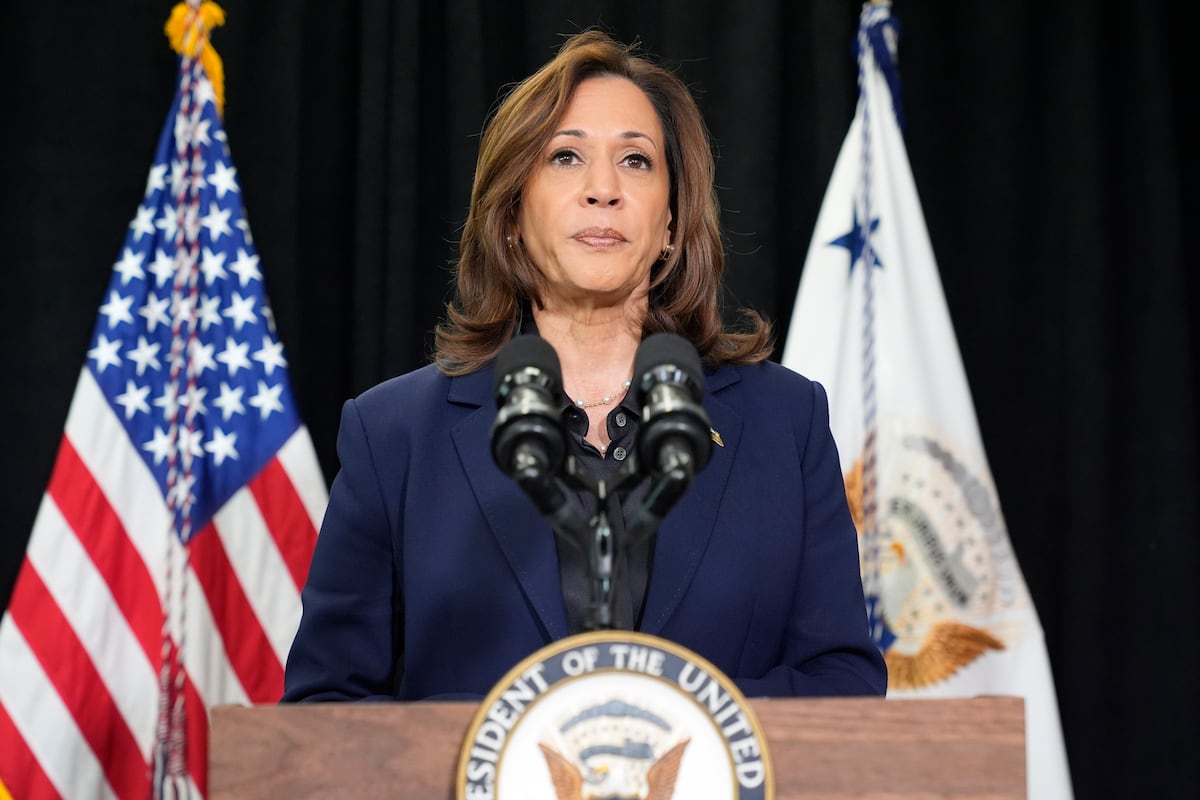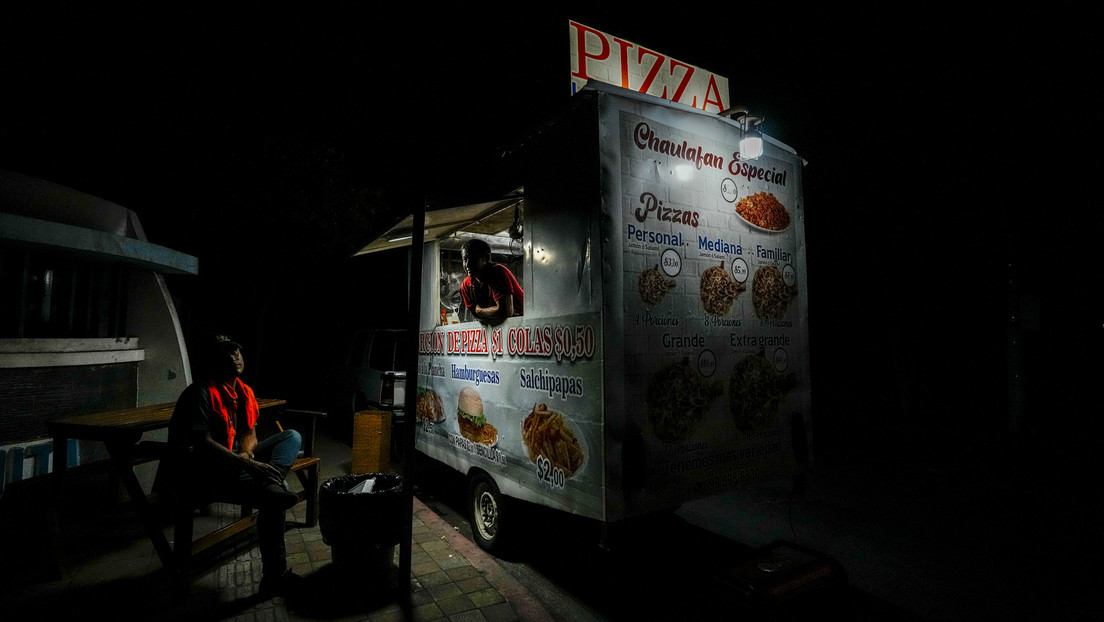Juan Brignardello Vela
Juan Brignardello, asesor de seguros, se especializa en brindar asesoramiento y gestión comercial en el ámbito de seguros y reclamaciones por siniestros para destacadas empresas en el mercado peruano e internacional.




The recent survey conducted by Datum for the newspaper El Comercio has revealed a bleak outlook for President Dina Boluarte, who is facing a national disapproval rating of 92%. This result, the highest recorded during her administration, reflects widespread discontent among the population, where confidence in her leadership has fallen to alarming levels. The situation is particularly severe in the south of the country, where disapproval rises to a shocking 94%, suggesting a legitimacy crisis in her mandate. Discontent is not limited to a specific region. In Lima and Callao, as well as in the north and center of the country, disapproval remains at a concerning 92%. These numbers indicate that dissatisfaction with Boluarte's administration transcends territorial boundaries, suggesting that the negative perception of her government is widely shared across various strata of Peruvian society. Even in the eastern region, where disapproval is slightly lower at 87%, it is evident that the president faces widespread rejection. This scenario raises serious questions about the political decisions made and the lack of connection with the needs and expectations of the citizenry. President Boluarte's administration has been marked by a series of political and social crises that have left many Peruvians disillusioned and frustrated. The survey also reveals that discontent is not limited to the president herself. The head of the Cabinet, Gustavo Adrianzén, has seen his disapproval increase from 65% to 78% in just one month. This rise reflects not only dissatisfaction with Adrianzén's decisions but also a lack of trust in the government as a whole. The difficulties in managing the political and social crisis have left a deep mark on the public's perception of the Executive. As disapproval rises in the government, the Congress of the Republic continues to be a target of criticism. With an 88% disapproval rating, this legislative body remains one of the most questioned institutions by the citizenry. The consistency of this figure in recent months suggests that frustration with Congress is not a passing phenomenon but a reality indicating a disconnect between lawmakers and the concerns of the people. This increase in disapproval of key figures in the government and Congress raises serious doubts about the capacity of these institutions to govern effectively. The lack of solid leadership and the perception of ineffectiveness have led to growing social discontent, which, in the context of a country with deep inequalities and unmet demands, could have significant repercussions. The current situation is also exacerbated by the growing polarization in the country. The government's inability to find solutions to critical issues such as the economy, security, and health has worsened the climate of social tension. Protests and demonstrations have been a direct response to this lack of effective action, reflecting the widespread discontent of a people tired of unfulfilled promises. Moreover, the increasing disapproval of the government may have implications for future elections and political stability in Peru. A political landscape marked by instability and a lack of trust in institutions could result in a cycle of crises that continues to affect the country's development. If the situation does not improve, many Peruvians may opt for more radical alternatives in their political choices, which could further complicate the already fragile institutional balance. In summary, the Datum survey not only reflects the disapproval of Dina Boluarte but also highlights a crisis of confidence in the Peruvian political system as a whole. The growing dissatisfaction with both the Executive and Congress demands deep reflection from leaders and those responsible for political management. Only through genuine change and a renewed connection with the citizenry will it be possible to reverse this alarming trend and restore at least a minimum of trust in the institutions.
Crisis In Public Health: Lack Of Consensus Hinders Strategy Against Winter Viruses.

Impact Of Infrastructure Projects On The Peruvian Real Estate Market

Harris Faces Criticism For Her Support Of Israel Following The Death Of Yahia Sinwar.




